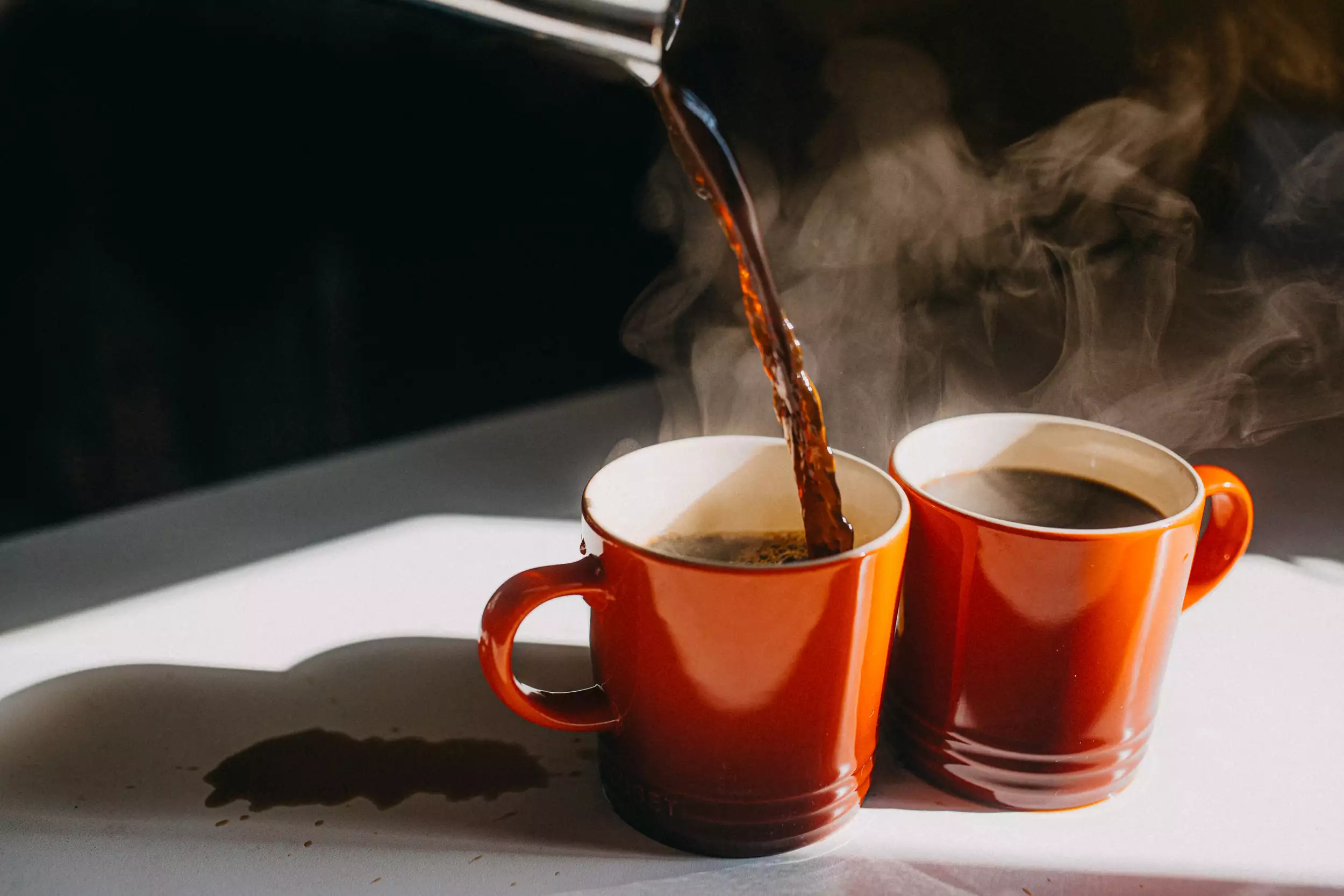New research suggests caffeine drinkers “may have difficulty accurately perceiving the influence of caffeine on sleep quality”
Coffee drinkers may want to think twice before having large doses of caffeine several hours before bed — if they want a good night’s sleep.
A new study suggests that certain doses of caffeine consumption can disrupt one’s sleep — even if you’ve had said caffeine 12 hours before going to bed.
Researchers, whose work was published in Sleep in October, looked into the effects of a “typical dose” and a “high dose” of caffeine consumed at different times of the day (“morning, afternoon, and evening”), and found that higher doses may indeed impact sleep, for as long as several hours before people call it a night.
The study, which enlisted 23 men with a “moderate habitual caffeine intake” (under 300 mg) between the ages of 18 and 40, discovered that while a 100 mg dose of caffeine can be consumed up to four hours before bedtime, a 400 mg dose “may negatively impact sleep” when consumed within 12 hours before bedtime — “with the adverse influence on sleep increasing the closer consumption occurs to bedtime.”
This “discrepancy between objective and subjective sleep quality,” researchers found, suggests caffeine drinkers “may have difficulty accurately perceiving the influence of caffeine on sleep quality.”
“We were interested in this topic because there is limited evidence to guide clear recommendations on the dose and timing of caffeine consumption relative to sleep,” said study author Carissa Gardiner, postdoctoral researcher at the SPRINT Research Centre at the Australian Catholic University, according to PsyPost.
“With approximately 80% of the population consuming caffeine, it may contribute to the high rates of sleep insufficiency currently reported. Understanding how caffeine dose and timing of intake affect sleep can help develop practical guidelines to minimize the negative impact on sleep.”
The study itself had the men participating in seven conditions, including “placebo” and 100 mg and 400 mg of caffeine consumed 12, 8, and 4 hours before bedtime. Each condition featured “a 48-hour washout,” as sleep was assessed with “in-home partial polysomnography” — or a sleep-monitoring device — and “sleep diaries.”
All testing was performed in the participants’ homes over a 21-day period; women were excluded from the study “due to the timeframe required to account for differing hormonal profiles.” Caffeine was administered in capsules, and saliva samples were collected throughout.
Per the research, “no significant effects were observed for the consumption of the 100 mg dose of caffeine across each time point.” The 400 mg dose had varying effects, and would “significantly delay sleep initiation and alter sleep architecture” when consumed within 12 hours of bedtime.
Never miss a story — sign up for PEOPLE’s free daily newsletter to stay up-to-date on the best of what PEOPLE has to offer, from celebrity news to compelling human interest stories.
The most significant disruptions to sleep took place when 400 mg was consumed within 4 hours of bedtime — increasing the time it took for participants to fall asleep, and reducing total sleep time and deep sleep duration.
“A typical dose of caffeine (100 mg) can be consumed up to 4 hours prior to bedtime without significant effect on subsequent sleep. To mitigate caffeine-induced sleep disruptions, it is recommended to refrain from consuming 400 mg of caffeine within 12 hours of bedtime,” the study reads.
The study also suggests that caffeine consumers have difficulty “perceiving sleep disruption following caffeine consumption” and highlighted “the need for greater consumer education.” Participants’ self-reported sleep logs didn’t always reflect the disturbances that researchers discovered.
“The mismatch between objective and subjective sleep was particularly interesting,” said Gardiner, per PsyPost. “Many people believe caffeine doesn’t affect their sleep, but our findings suggest it may disrupt sleep even when individuals don’t perceive it.”
“My long-term goal is to continue building the evidence base to provide consumers with clear, evidence-based guidance on how to minimize caffeine’s impact on their sleep,” she told the outlet.
People




